NCKU Semiconductor College to Open Physical Classes at Kaohsiung's 85 Sky Tower by End of May, Easing Talent Shortage
Dean Yan-Kuin Su of NCKU's College of Semiconductor Technology, representing NCKU President Meng-Ru Shen, along with Director-General Meng-Liang Tsai of the Ministry of Labor's Bureau of Employment and Vocational Training, Deputy Mayor Da-Sheng Lo of Kaohsiung City, Professor Huey-Jen Su, project leader of NCKU's Semiconductor Industry Talent Training Base, Vice Chairman Yu-Chi Wang of Win Semiconductors, and General Manager Chong-Guang Chen of Ta-Ya Electric Wire & Cable, jointly inaugurated the semiconductor vocational training cluster in the Greater Kaohsiung-Pingtung-Penghu-Taitung region.
Ministry of Labor's Bureau of Employment and Vocational Training Director-General Meng-Liang Tsai attended on behalf of Minister Ming-Chun Hsu. Tsai mentioned that in recent years, Taiwan's semiconductor industry has gradually shown its advantages in global competition. He emphasized the importance of finding the right direction and partners for talent development to create opportunities. While the Ministry of Labor has traditionally focused on cultivating mid-level technical talents, this collaboration with NCKU to introduce advanced talent training signifies a sustainable talent training base for the future.
Dean Yan-Kuin Su of NCKU's College of Semiconductor Technology expressed that the college has been thriving through collaborative efforts with the government, industry, and partner schools. The five undergraduate programs are progressing smoothly, attracting numerous student applicants each year, including approximately 80 master's and 20 doctoral students. Additionally, there has been a growing number of foreign students from Eastern Europe, Central Europe, and Southeast Asia, such as Slovakia, Lithuania, Poland, the Czech Republic, India, and the Philippines. He looks forward to the launch of the semiconductor industry talent training base, hoping it will attract more talent to the southern region.
Kaohsiung City Deputy Mayor Da-Sheng Lo remarked that today's launch of the semiconductor industry talent training base in Kaohsiung is a testament to the precise vision of Director-General Meng-Liang Tsai . He also expressed gratitude to NCKU President Huey-Jen Su for advocating the establishment of a branch campus of the NCKU College of Semiconductor Technology in Kaohsiung during her tenure, which has helped boost confidence among businesses in investing in Kaohsiung. Currently, the Kaohsiung city government is promoting the development of "Asia Bay 2.0." Deputy Mayor Lo hopes that this training base will become a paradigm for talent development in Kaohsiung, serving as a model facility for semiconductor, smart technology, and sustainable talent cultivation.
In recent years, the semiconductor industry's recruitment focus has been steadily expanding to the southern region of Taiwan, leveraging the advantages of the Greater Southern Area's vast hinterland to continue building a complete industrial chain. NCKU's College of Smart Semiconductor and Sustainable Manufacturing is the only school in Taiwan with the advantage of collaborating with both semiconductor and non-semiconductor companies, boasting the most comprehensive range of fields and the highest number of cooperating enterprises. In 2021, the NCKU College of Semiconductor Technology planned to establish a branch campus in the Asia New Bay Area of Kaohsiung, setting up relevant training courses in five major professional areas: chip design, semiconductor manufacturing processes, semiconductor packaging and testing, key materials, and intelligent and sustainable manufacturing.
NCKU is linking up with science parks in Siaogang, Tainan, Qiaotou, and other areas, contributing to the growing completeness of southern Taiwan's most significant technology industry corridor. According to the 2022 Semiconductor Talent White Paper from 104 Job Bank, in the first quarter of 2022, 68.5% of job opportunities were located in the northern region, 17.4% in the southern region, and 12.7% in the central region. Compared to seven years ago, the northern region's share decreased by 3.3 percentage points, the central region decreased by 0.5 percentage points, while the southern region increased by 4.7 percentage points. Although the northern region remains the primary focus for semiconductor recruitment, the significant increase in the southern region surpasses that of the central region.
NCKU's College of Semiconductor Technology, in collaboration with the Ministry of Labor's Bureau of Employment and Vocational Training, has initiated the "112-113 Regional Industry Base Vocational Training Program" to address the semiconductor talent shortage in southern Taiwan. The program aims to cultivate industry professionals through vocational training courses and integrated services tailored to industry needs. It involves dialogue with businesses and higher education institutions to ensure course content aligns with industry trends. The initiative breaks down barriers for job seekers with non-semiconductor backgrounds, enabling them to join the semiconductor talent pool and contribute to the region's industry advancement.
The upcoming program, starting in June, is a 297-hour "Pre-Employment Training" course targeting job seekers without semiconductor backgrounds. It offers foundational training in various aspects of the semiconductor industry, including IC design, packaging manufacturing, testing, materials, AI, IoT, cleanroom operations, and sustainability. The program aims to recruit 120 unemployed individuals and 40 employed workers. After completion, participants will receive priority placement opportunities with collaborative companies such as TSMC, UMC, Yageo, Macronix, and Win Semiconductors.
The 45-hour "On-the-Job Training" course, starting at the end of May, primarily focuses on specialized curriculum, aiming to cultivate participants into future semiconductor professionals with integrated technical skills. The course includes hands-on practical exercises covering topics such as fan-out wafer-level packaging technology, wafer-scale packaging technology, system IC packaging technology, material analysis equipment, advanced memory packaging, and electrical failure modes.
In 2019, President Ing-Wen Tsai proposed the "Great Southern, Great Development" plan for the development of southern Taiwan. In April 2021, the Executive Yuan approved the planning and construction of the "Southern Semiconductor Corridor," aimed at attracting world-class semiconductor giants in components, materials, equipment, wafer design and manufacturing, packaging, and more to settle in Kaohsiung and Tainan. This initiative has also spurred collaborative efforts from various sectors to establish a complete semiconductor industry chain in southern Taiwan.
At the launch ceremony on the 28th, government officials including Geng-Hua Guo, Director of the Bureau of Employment and Vocational Training in the Kaohsiung-Pingtung-Penghu-Taitung region, and Yu-Jhen Lee, Director of the Labor and Youth Development Department in Pingtung County, attended. Representatives from schools and collaborating enterprises in Kaohsiung, Pingtung, Taitung, and Penghu, including Delta Electronics, Darfon Group, Win Semiconductors, TSMC, UMC, Yageo, Formosa Plastics Group, Macronix, Winbond Electronics, Macronix, and Formosa Petrochemical, were also present.
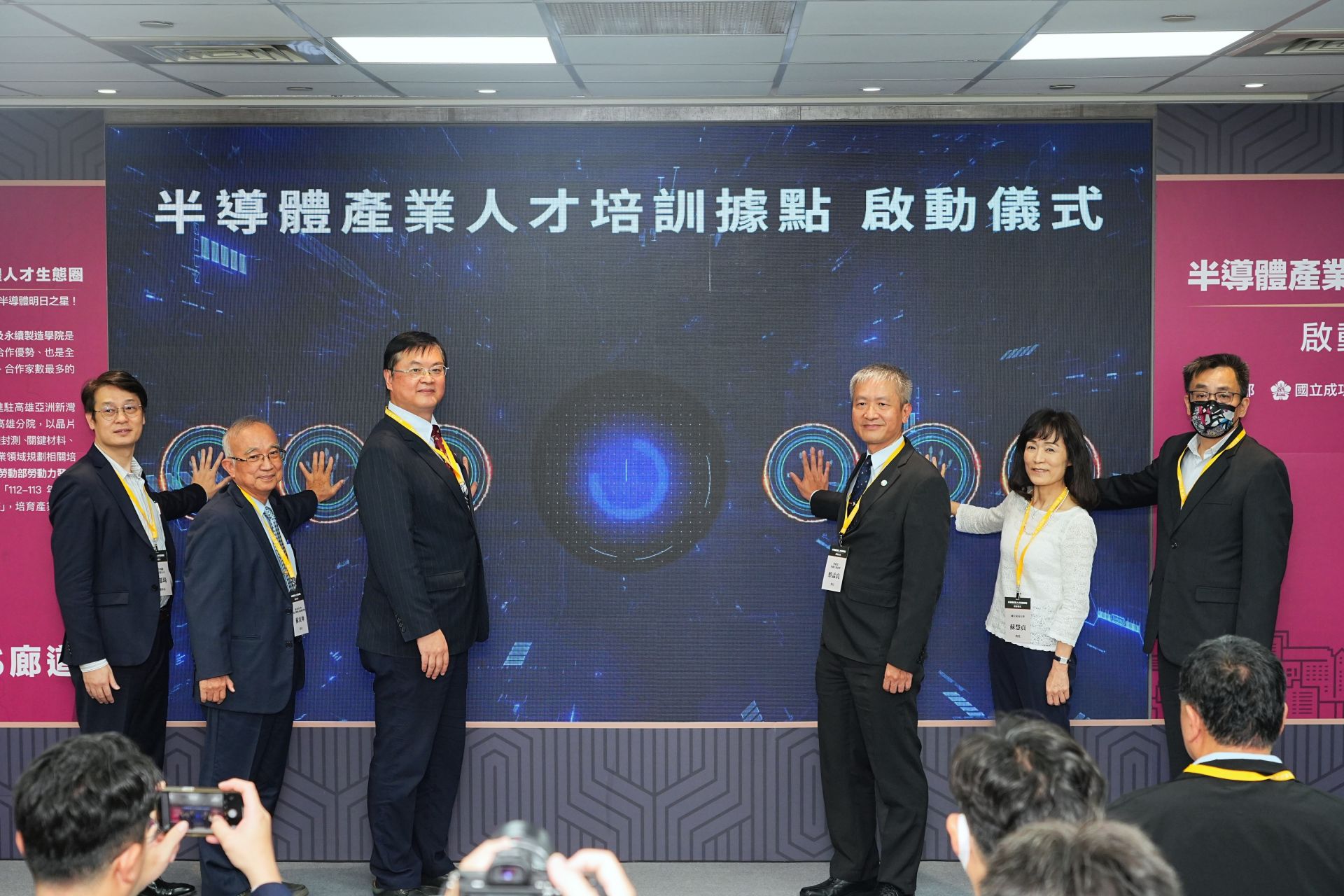
NCKU collaborates with the Ministry of Labor to launch the semiconductor vocational training cluster in the Greater Kaohsiung-Pingtung-Penghu-Taitung region.

Director-General Meng-Liang Tsai of the Ministry of Labor's Bureau of Employment and Vocational Training believes that the NCKU Semiconductor Industry Talent Training Base will be a sustainable talent training hub.
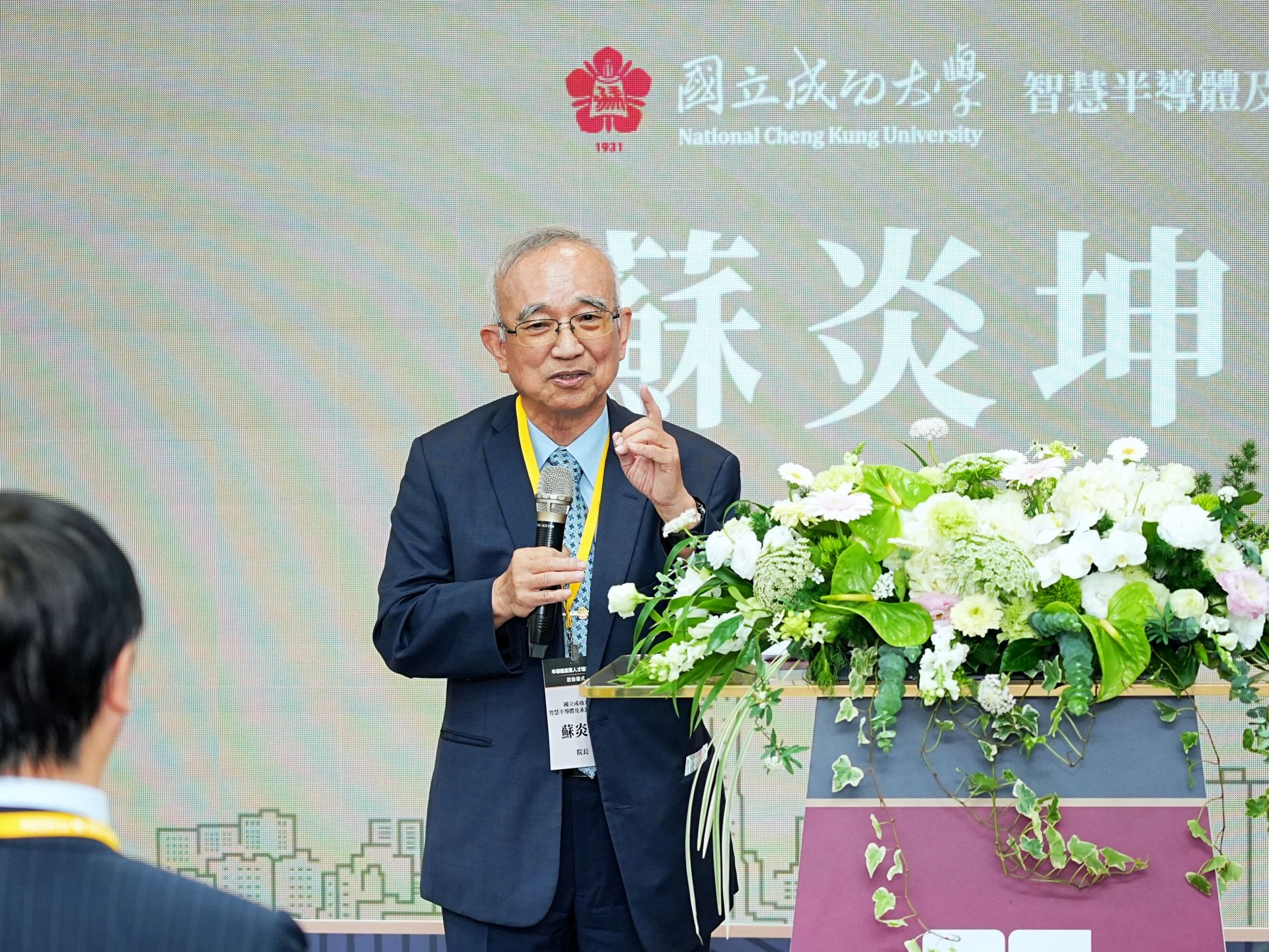
Dean Yan-Kuin Su of the NCKU College of Semiconductor Technology and Green Energy looks forward to the launch of this semiconductor industry talent training base, hoping that it will attract more talent to the southern region.
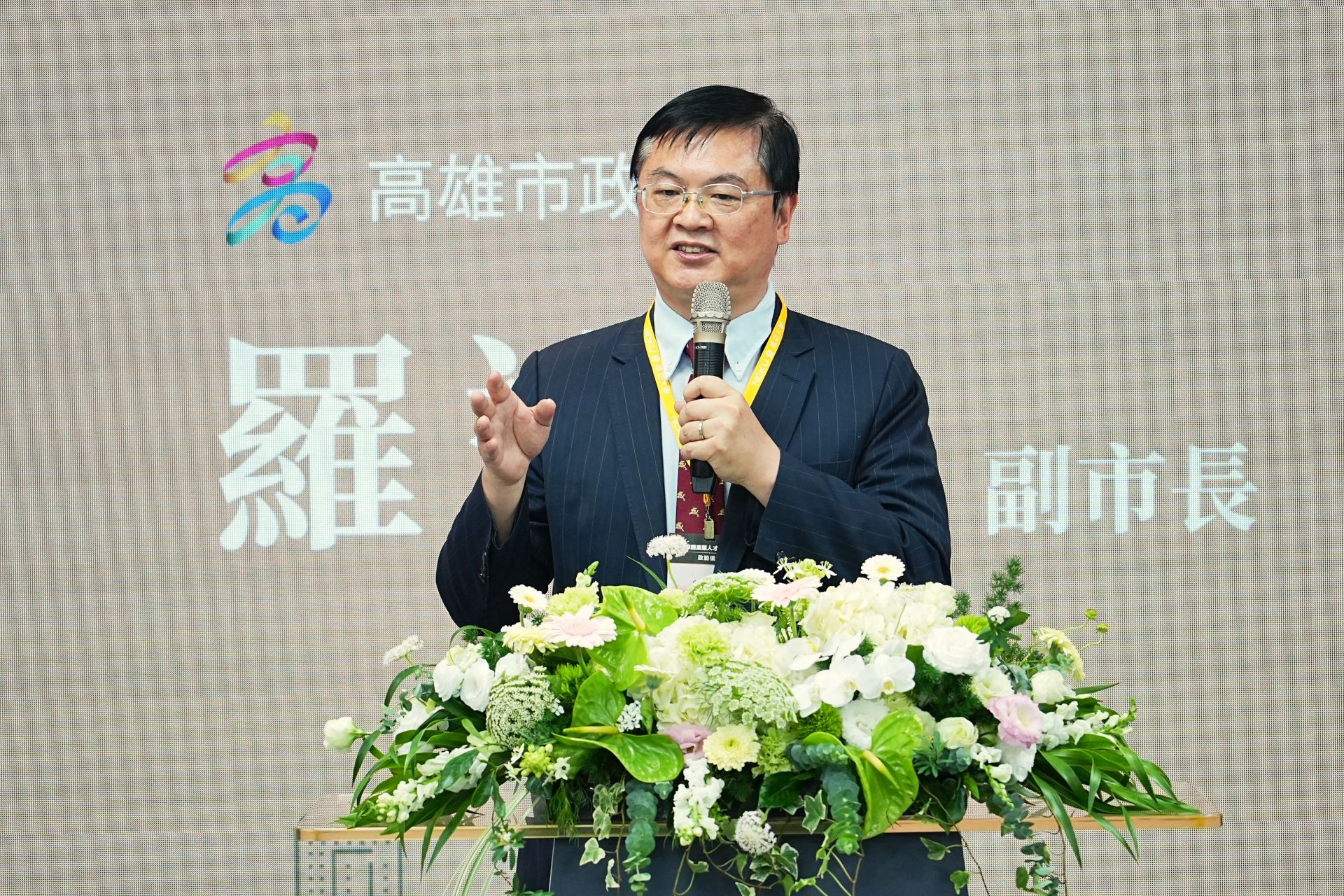
Deputy Mayor Da-Sheng Lo of Kaohsiung City hopes that the NCKU Semiconductor Industry Talent Training Base will set a precedent for talent training in Kaohsiung.
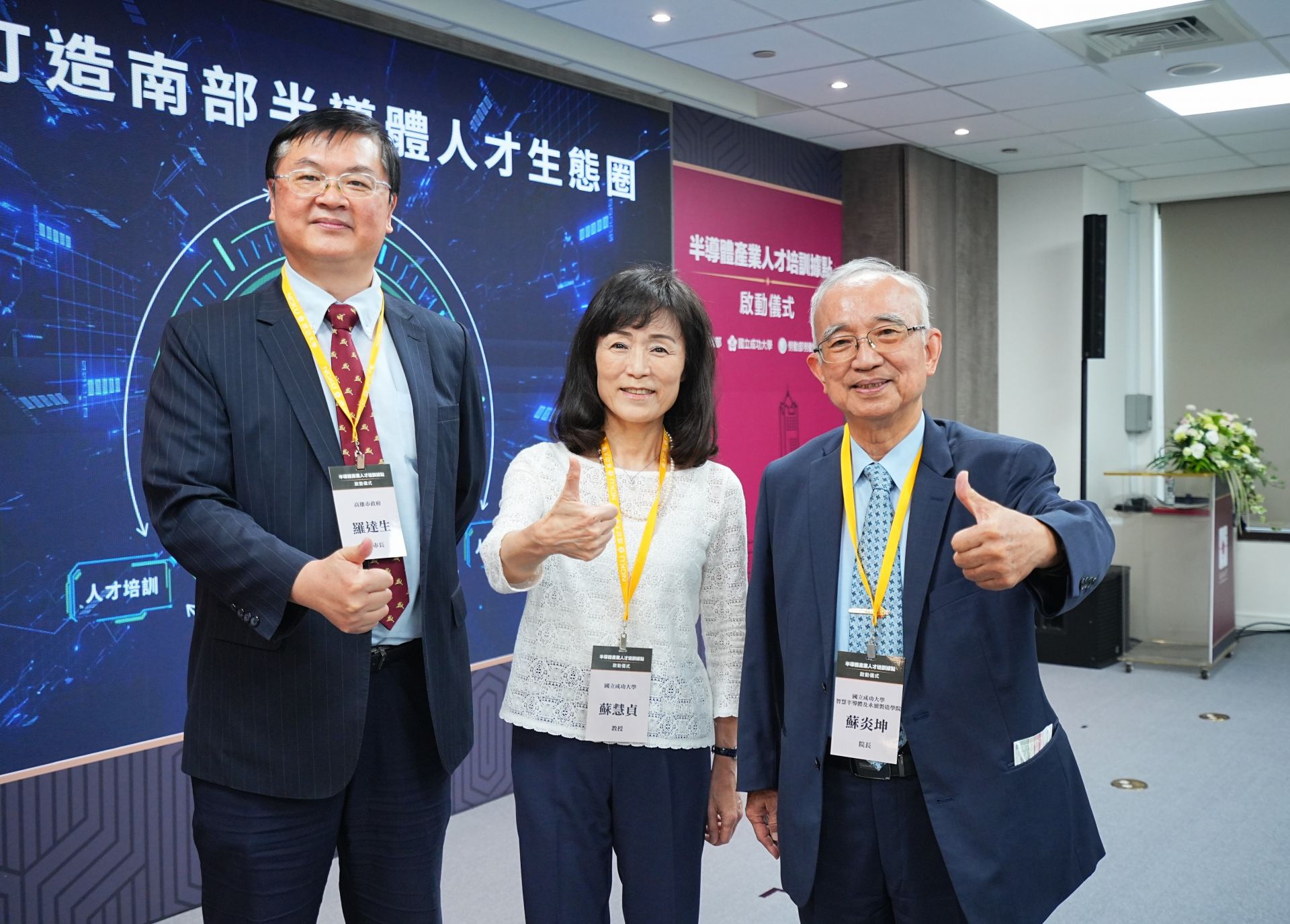
Kaohsiung City Deputy Mayor Da-Sheng Lo (left) thanks President Huey-Jen Su of NCKU (middle) for her support in establishing a branch campus of the NCKU College of Semiconductor Technology in Kaohsiung. Dean Yan-Kuin Su (right) of the NCKU College of Semiconductor Technology is also present.
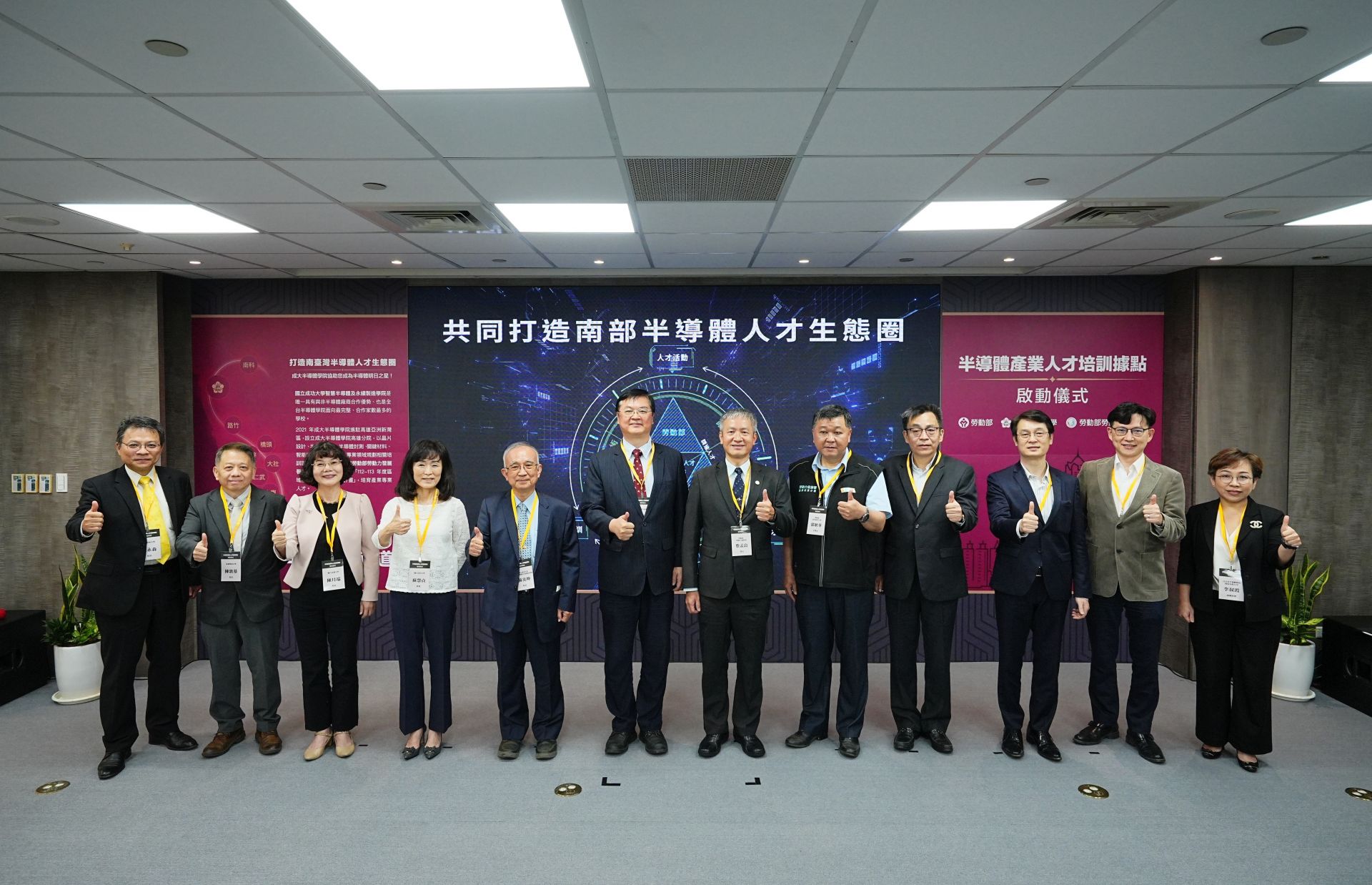
NCKU Semiconductor College to Open Physical Classes at Kaohsiung's 85 Sky Tower by End of May, Easing Talent Shortage in Southern Semiconductor Corridor.
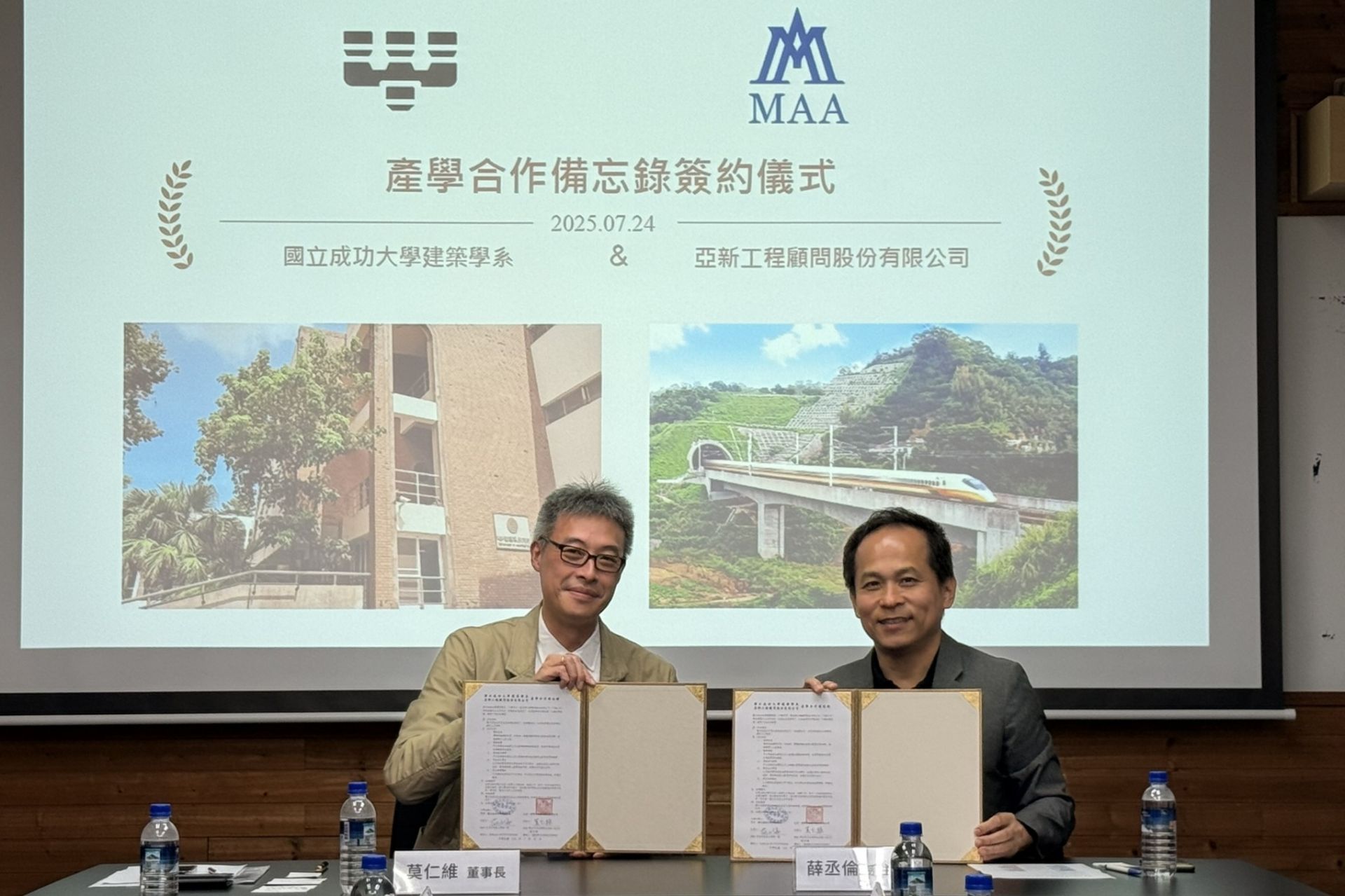
SDG8NCKU Architecture and MAA Group Consulting Engineers Sign MOU for Strategic Industry-Academia Collaboration
View more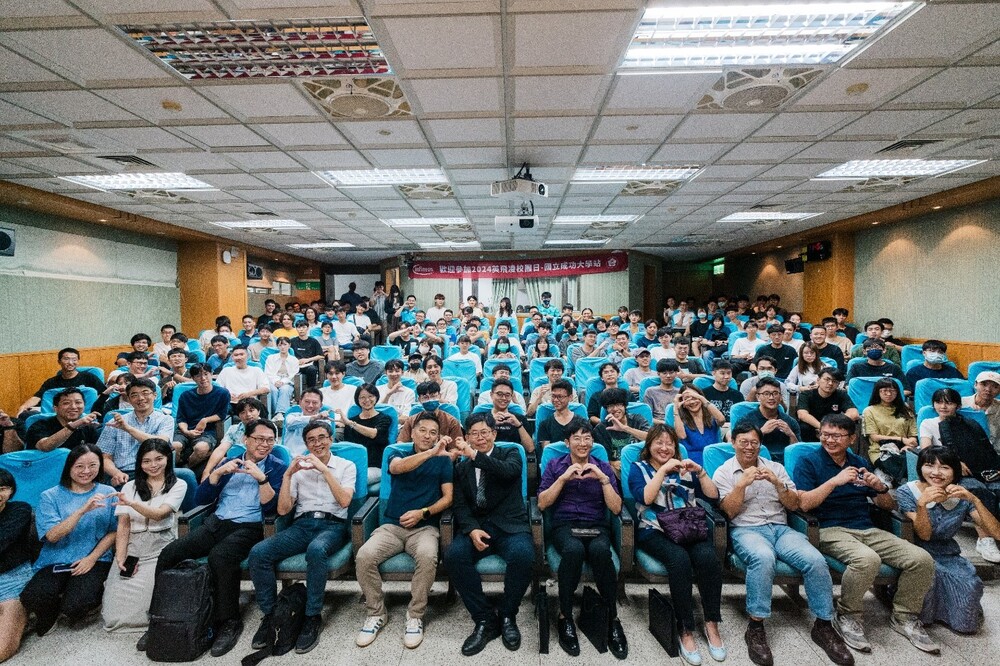
SDG8"Infineon Campus Day" Held for the First Time at NCKU to Lead the Future of Automotive and Energy Technology
View more



















